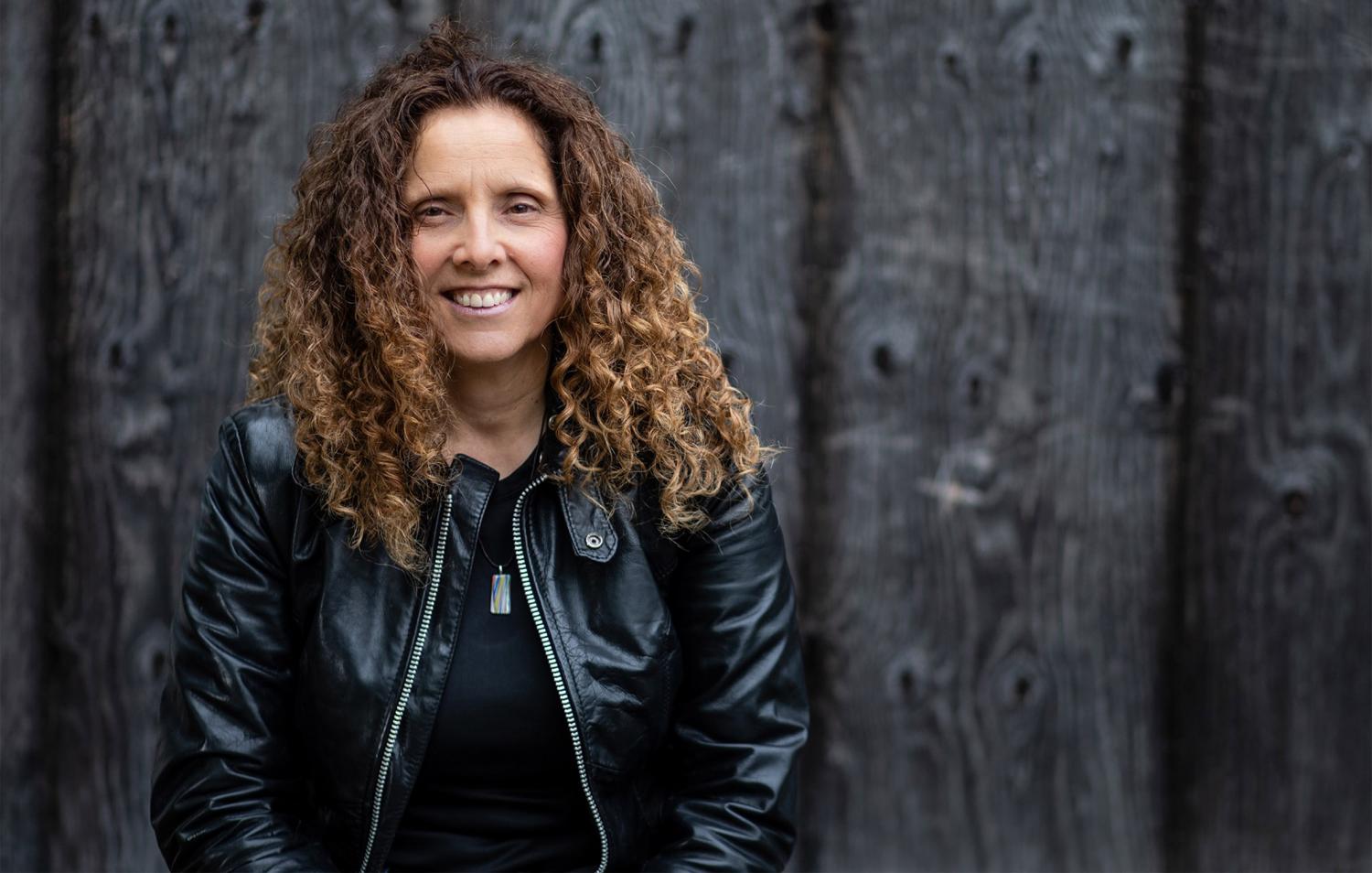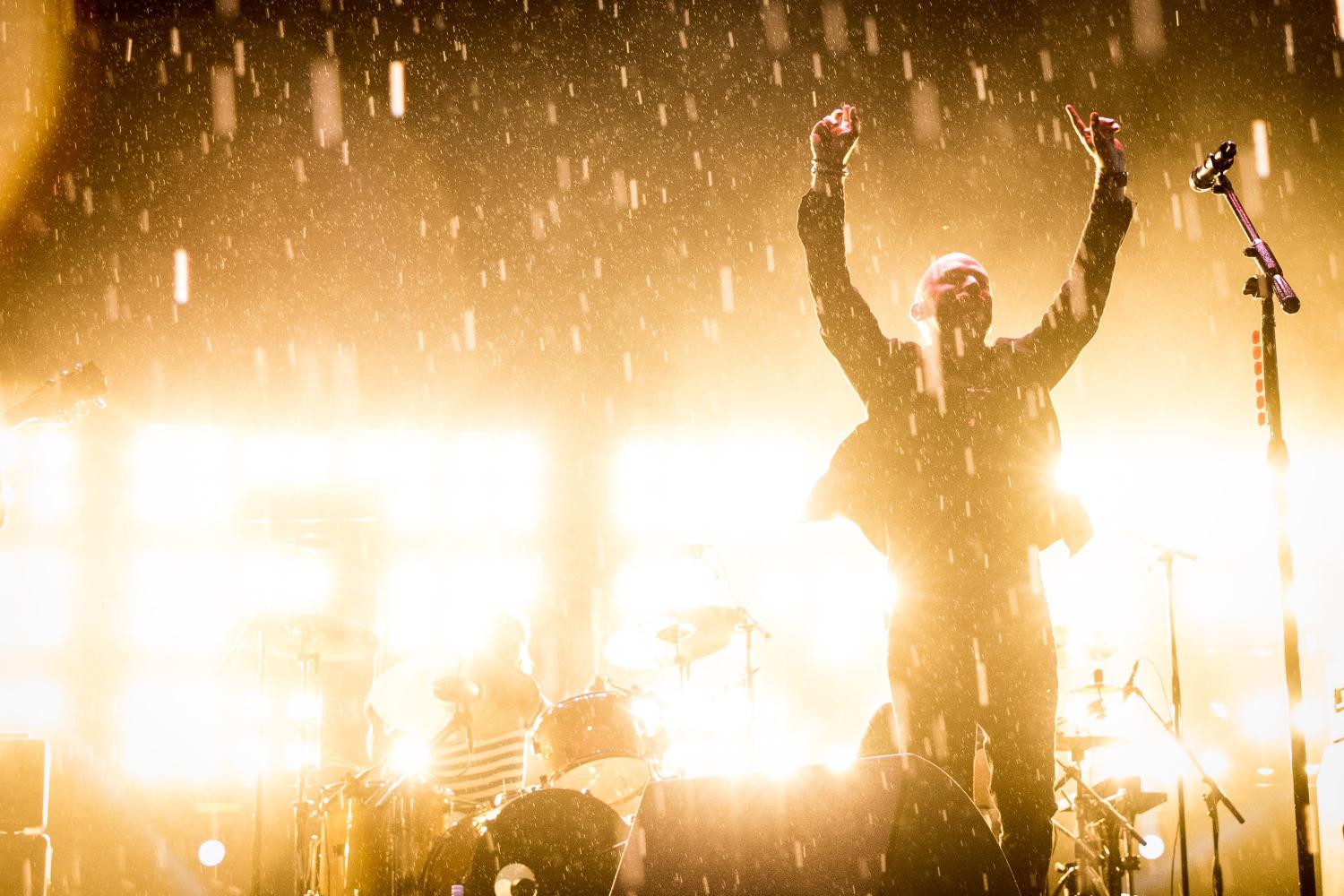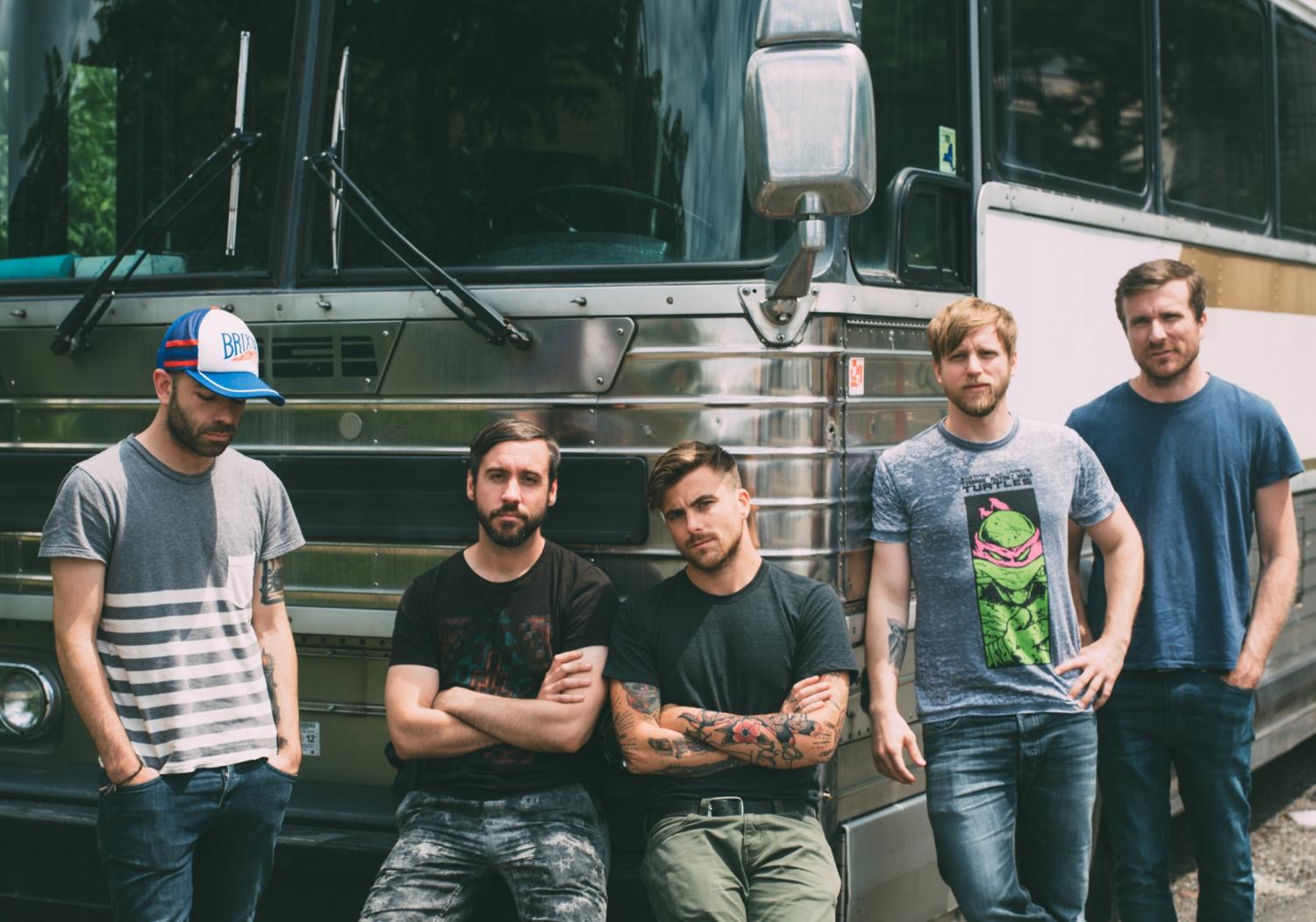
Kae Shelby switches gears
Photo credit: https://www.kaeshelby.ca/
Life doesn't always take a direct path, and for Kae Shelby's music it's been a bit of bookended affair. After the passing of several family members, a life in law enforcement was put behind Shelby to return to song writing. We caught up with Shelby to discuss the healing power of music and the local creative minds that brought her album together.
Ottawa Life: Though this is your first solo release, I wanted to hear about what your past in music was and what's stopped you from putting out music before?
Kae Shelby: From a young age, I was a singer songwriter, writing poetry from a very young age, loving to write and observe how words came together and could move people. Every song that played on the hi-fi stereo in my family home was at least a duet because I sang along with anything that that was spinning on the turntable and I just knew that I could sing. It came naturally to me. No effort.
Well into my teenage years, all I really wanted to do was write songs and sing. My parents loved to hear me sing but they did not hold singing or song writing as a viable career. I was also pretty much on my own if I wanted to "be" a singer. I worked at Sudbury Downs as a ticket taker, a cleaner and eventually as a Security Guard, and doing this allowed me to fund my own singing lessons with Gauvreau School of Performing Arts. From there I did shows with the school and then true to my parents wishes, I sought out a career with a pension. It was important that I be doing something that called to me, and for me that was policing. So at 23 I became a Military Police Officer in Ottawa, and then eventually joined North Bay City Police Service, then back to Ottawa with Gloucester Police Service, until amalgamation two years later. I retired/resigned as a Sergeant with Ottawa in 2007, and started my own business designing, developing and facilitating Workplace Harassment and Violence Prevention.
My policing career is essentially what stopped me from "doing" music, having put the singing on the back-burner. But I continued to write…and write a lot…and realized that though I thought I was writing poetry, a lot of what I was writing was shaped in such a way that they were songs. As life goes, my mother fell ill with a stroke and I began an intensive almost nine years of care giving for her and eventually moved her and my father to Ottawa so that I could better tend to their needs. That care giving took its toll on me and I became both emotionally and spiritually unwell and I fell into an anxious state, developed, severe anxiety and could not breathe normally. In that, I stopped singing to anything, radios got turned off, etc., at the risk that I would discover, my anxiety wouldn’t allow me to breathe and in turn….sing. I worked on getting healthy again and eighteen months later, after a lot of hard work to get my health back I stepped back in to the singer songwriter elements of my life.So I have had many interruptions along the way of my intention to be singer songwriter. I realized after the death of my mother and the sudden and unexpected death of my youngest brother, Todd, that all we really have is now. A friend once told/asked me, “Your life is your time and are you having the time of your life?”
And so it was, I charted an intentional and focused course to bring singing and song writing back into my life. It started with the vocal duo group of which I was a part of (DanahKae with Danah-Lee Krieger) and my vocal duo partner has gone on with her solo career. I had a lot of healing to do and I knew the only thing that would facilitate that healing was to write this album, Music and Motorcycles. And so that is what I did.
I know you went through a lot of family trauma ahead of releasing music, so how did you find the music therapeutic in this process beyond just taking the leap to making music again?
It took 18 months to get it done, but each song touched on a different aspects of my life. Growing up with a father that loved us dearly, but he grew up with his own demons. "Through the Reckless" is about that kind of relationship and putting everything you have into it. When I revisited that song I could feel that relationship with my father, and his emotional times going into the basement to deal with the turmoil in his life. Even to this day I heal listening to those songs being able to take those words from my body and put them into music. North Easton from Ottawa also helped me rewrite three songs for poetic protection of the people I was writing about so it wasn't hurting anyone inadvertently.
You've spent decades in Ottawa as a police officer so I was interested if you found that time in your life particularly inspiring for music as well?
I'm always looking to respect the workplace, so as police officers we always have to keep our emotions in check. We're supposed to be the people that make everything better, so suppressing our emotions presupposes that we're certainly having emotions. From my years in policing you really see the human tragedy and triumph. I look at my parents, and when I went to a vital-signs-absent call you 'd have to deal with the sadness. I was mindful of that in writing the music, to make it relevant to everyone while I had a healing journey, so that others could have their own healing from it too.
While it provides a fun bit of alliteration I was interested to hear about what made motorcycles feel like a good thematic anchor for the record, whether it's a sense of freedom or something larger?
Music and motorcycles were my two first passions, my first vehicle was a motorcycle and I got a license at 16. Undoubtedly those two ideas are what I look to being free but also being me. "My High, My Way" was originally titled "Music and Motorcycles" but we gave that to the album title. The concept is as much about finding your identity again when it's stolen, manipulated or just lost. I have every sense of freedom and being able to do what I want. I may be starting a little bit later with my dream, but there's no time like the present.
I was interested to hear about how local North Easton got involved with the record, and more largely how you've found being a musician in Ottawa's local scene?
I met North as a result of an Ottawa songwriters group, which he was heading for several years. I've been playing guitar, but when I heard North play it, I thought "That's how I want to play it." I sought him out for the three songs and he was very willing to do it. I'm so thrilled to have him be a part of the album and my musical journey. I'm surrounded by great talent like Anders Drerup, Tara Shannon, Steve Foley and Kelly Prescott so I'm very fortunate to be surrounded by such great people.
How did producer Anders Drerup help shape the album and what did they offer the recordings that might not have been there before?
Anders was brilliant in producing the record, they were the best person for it for so many reasons. My best instrument is my voice, it always has been. I don't have formal training but I've always been able to sing and write. Anders was patient with me even if I couldn't communicate it directly. I would sing a melody and he would help find the instruments to make it work. He would introduce pedal steel to get the Canadiana feel and he helped really add punch to the music. He played the majority of the instruments, did the backup vocals and for production he steered it in the best direction it could have gone.
Given this start for the album I was interested to hear what drew you towards your covers of Melissa Etheridge and Brad Paisley and how you felt they fit in the world of this record?
The Melissa Etheridge song represents all the pleasures and pain life can hand us. Going through caring for my parents, it took a toll on my emotions. Her song "Late September Dogs" (track 8) has always been my favourite song of hers, though it didn't get a lot of radio play because it's on the longer side. I liked being able to bring my range to a song like that.
With respect to "When I Get Where I'm Goin'" that's an interesting story too. I was on the way to Toronto for work when I'd received word that my brother Todd had passed away. So heading back to Ottawa the song came on. I had been listening to the station for 30 years and never heard it so I thought it was new and Todd was sending me a message. It was actually seven years old, but I'd never heard it on there before, or since. I recorded it but I had no intention of putting it on the record. When Tara Shannon was sent my tracks, she praised the track. I told her it wasn't for the record, and she just said "Oh yeah it is." I love that people can hear it and that I'll play it at my shows.
I also recently received a voicemail of my brother from before he passed and we were able to put it in the track as well. It's not on the album but it's nice to have that and be able to give it on to family members.









